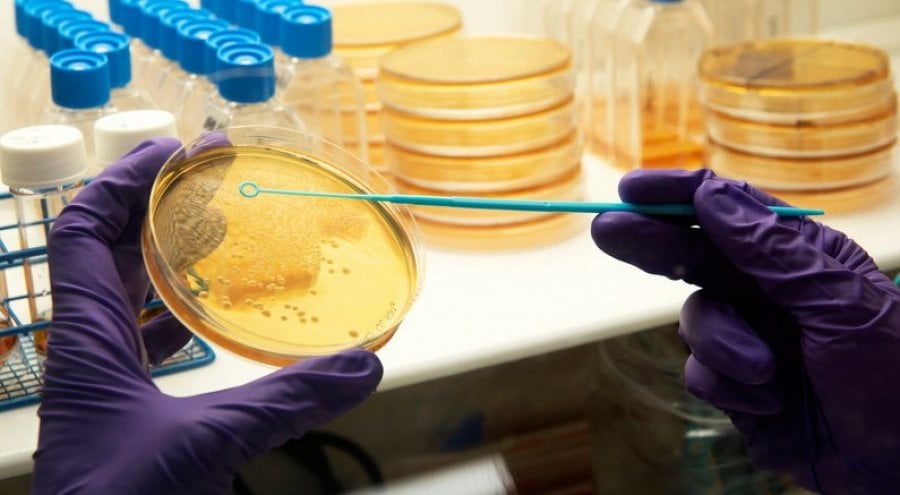
The AMR Research field has grown substantially in recent years, thanks to a series of funding awards from the UK Research Councils, JPIAMR, NIHR and others. A key characteristic of calls has been the disciplinary breadth drawn upon to characterise and address the complexity of AMR as a problem that spans disciplines and sectors. We are now at a key juncture where findings from these research investments are becoming available. Publications are abounding in high quality disciplinary specific and mainstream public health journals. A quick search for ‘antimicrobial resistance’ on dimensions.ai of scholarly literature between 2010-2020 shows the number of articles published annually is set to have doubled (see figure below). An important challenge now exists for us in the AMR research community to make sense of these findings. How can we bring together and learn from this growing volume of diverse research findings and collectively decide on next steps? This week I want to highlight four initiatives towards this – two funder-led and two researcher-driven.
Figure: from app.dimensions.ai, search term ‘antimicrobial resistance’ on 11th September 2020
First, the Joint Programming Initiative on AMR (JPIAMR) together with the French National Research Agency (ANR) hosted a fascinating two days at the start of this month in on AMR Transmission and Interventions, which brought together scientists from across different universities and countries with snapshots of a range of projects. Several of the projects were new to me and it was clear that there would be value in deliberate efforts to draw out cross-project implications. You can watch the presentations here and I highly recommend them for being well summarised brief presentations. The workshop was run to inform a funding call to be pre-announced in November.
Second, research councils from across UKRI have been hosting a consultation in a multi-part webinar format to inform a £40m bid to a future wave of UKRI’s Strategic Priorities Fund (SPF). The final session in this consultation will be a discussion on Wednesday 16th 15:00BST – you can register here to join. In both of these efforts to formulate next steps for investment in AMR research, a critical step is to capture the current state of knowledge. The field has moved on since it might have been characterised in terms of the Blind Men and the Elephant, when each specialist might have described the problems very differently; we now have a clearer picture of what AMR is, with recognition of the value of joining up perspectives from different disciplines and sectors. However, the work of then getting to know – and get ahead of – this interdisciplinary and intersectoral field remains incomplete. In addition to funding ambitious new research programmes, we must also invest in the possibly less high-profile but certainly highly valuable activity of synthesis. I would argue this must be a collective – not an outsourced – endeavour within our AMR research community.
Third, a terrific new Contribution of Disciplines from the Arts and Humanities to addressing AMR (CODA AMR) report is now available from Colin MacDuff at the Glasgow School of Art. The report characterises the nature and value of research on AMR undertaken in the fields of design, architecture, history under the rubric of the AHRC-led Cross-Council Initiative on AMR Theme 3b funding. The report analyses experiences from researchers in 11 projects in which AMR had been tackled – often interdisciplinarily with microbiologists, medical professionals and social researchers – through processes of co-design, collaboration and participation with end-user groups. The resulting projects illustrate both the importance of the creativity these projects have brought but also the effectiveness of interventions developed in these ways. The report (which is best viewed in double page layout – download, save then open) gives important insights for interdisciplinary working in AMR; and – given the currently relatively weak evidence base of effective interventions in AMR – will provide some inspiring ideas for those seeking to intervene on AMR.
Finally, this week the Antimicrobials in Society (AMIS) programme opened registration for a new panel series on Antibiotic Use around the globe from a social science perspective. The past few years have seen an increase in exciting social research on antibiotics – the ways they are used in different contexts and the reasons for their use. This new series comprises four thematic panels in which leaders of the field will present findings and, critically, make proposals for how to address the challenges of antibiotic use around the world today. The panel series will culminate in a report which will bring together findings from across the four panels, and which will be presented at a half day event in February 2021 for discussion with representatives from policy, funders and non-social science disciplines. Find out more and register here.
If you enjoyed this article and would like to build a career in global health, we offer a range of MSc programmes covering health and data, infectious and tropical diseases, population health, and public health and policy.
Available on campus or online, including flexible study that works around your work and home life, be part of a global community at the UK's no.1 public health university.

